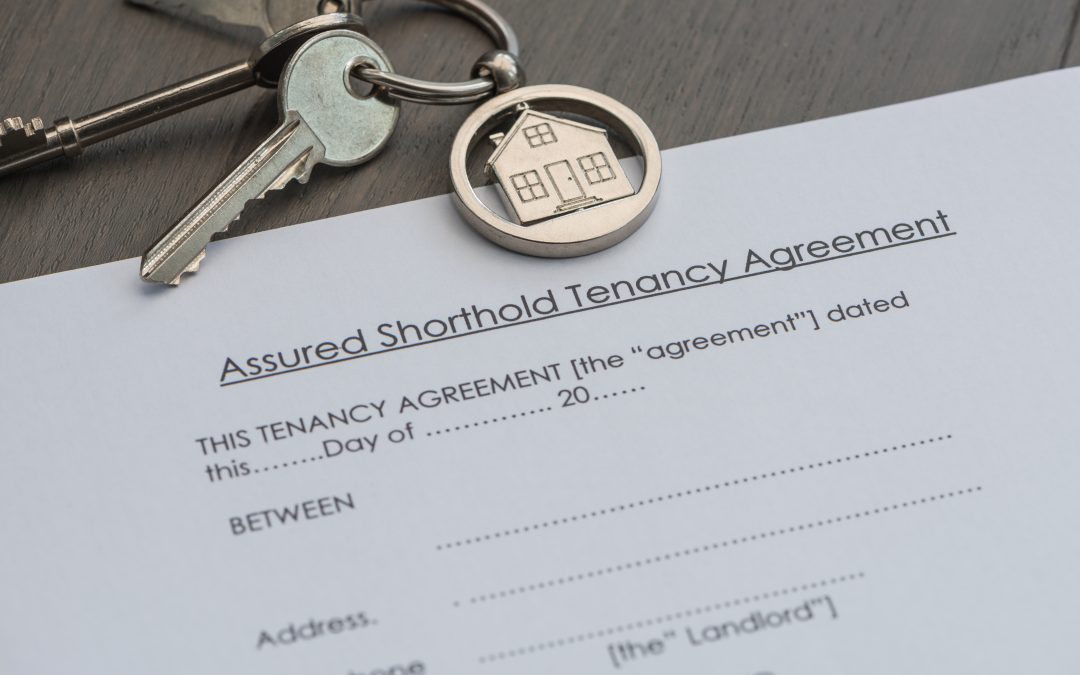Renting out property can be a lucrative opportunity, but landlord’s must navigate a series of legal obligations and practical requirements to protect them, their tenants and their investments. It is crucial to be aware of the of key steps that must be taken before renting a property out on an Assured Shorthold Tenancy to a new tenant. This ensures compliance with the legal obligations and avoids potential pitfalls. Property litigation expert Emma Tyrer looks at the considerations:
- Ensure the property is safe and fit for human habitation
Landlords have a legal duty to provide safe and habitable housing for tenants. They must ensure the house is compliant with legal requirements to protect tenants’ safety and also provide the tenants with certificates, reports and information about safety at the property. There are various duties that must be complied with prior to renting the property and this step is arguably the most important in rental process.
- Obtain mortgage lender consent
Before renting out the property a landlord must ensure they have permission to from their mortgage lender, there are often penalties for the landlord if the terms of the mortgage agreement are breached.
- Obtain freeholder consent
Most flats in the UK are leaseholds and the landlord must comply with the terms of their lease. Often leases contain conditions relating to sub-letting the property.
- Right to Rent checks
Landlords are legally required to conduct Right to Rent checks to ensure that the tenant has the legal right to live in the UK. These must be undertaken before the start of the tenancy.
- Deposit Protection Schemes
Landlord must protect the tenant’s deposit in a government backed Tenancy Deposit Scheme. There are three approved schemes in England and Wales. Landlords must supply prescribed information about where the deposit is held and how it will be returned. The deposit must also be returned to the tenant after making any deductions for damage or unpaid rent.
- Landlord insurance
Standard home insurance policies do not usually cover rental properties. Landlords should consider whether to take our landlord insurance which cover specific risks.
- Landlord licencing
Some areas of the UK require landlords to have a licence to rent out their properties. This should be checked by landlords to determine whether they need a licence to let out their property.
- Inform HMRC and address tax liabilities
Rental income is subject to tax, and landlords must inform HM Revenue and Customs about any rental income they receive. They must declare this income via a Self-Assessment tax return. Additionally landlords can account for wear and tear allowance for furnished properties and there are some allowable expenses.
Renting out a property can be a rewarding opportunity, but it comes with numerous legal and practical responsibilities. Landlords’ must ensure their property is safe and compliant with relevant legislation and that all necessary documentation is in place before taking on tenants. Seeking legal advice before entering the rental market can help avoid costly mistakes and ensure that the tenancy run smoothly from the start. Although it is not required prior to letting a property, it is wise for landlords to familiarise themselves eviction process.

The correct legal procedures should be followed from the start of the tenancy in order to lawfully end a tenancy. Seeking legal advice early can help avoid complications should a landlord and tenant dispute arise.
Emma Tyrer is a property disputes expert and is based in our Dispute Resolution team and can help you with matters of this nature.
Contact Emma on [email protected]
Call 01392 798776
Contact our disputes team :
Call us;
South Devon 01803 213251
Exeter 01392 274006
North Devon 01271 342268



